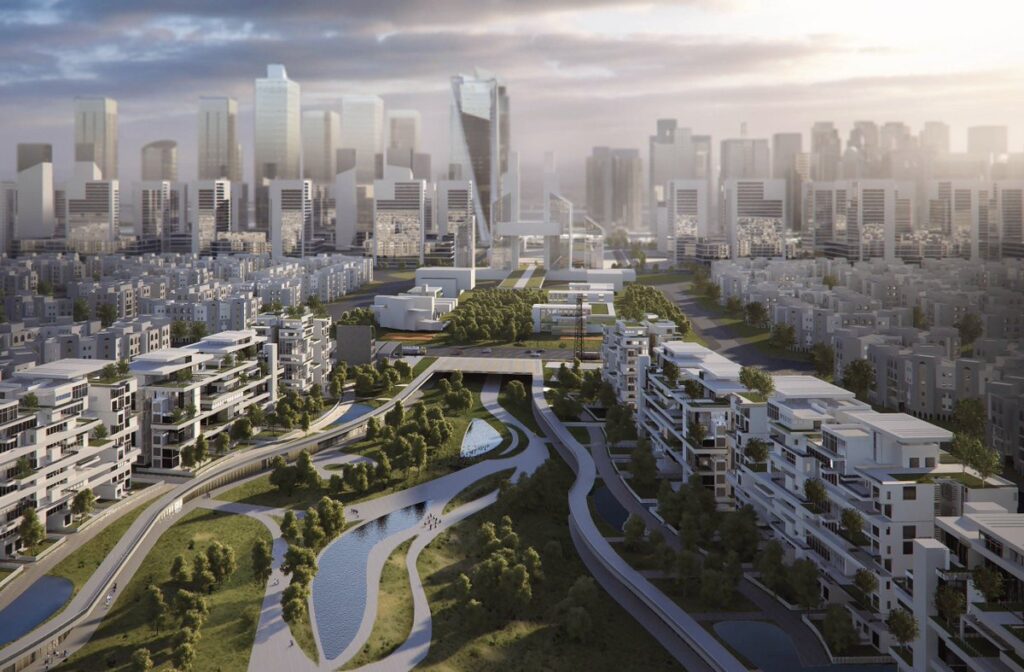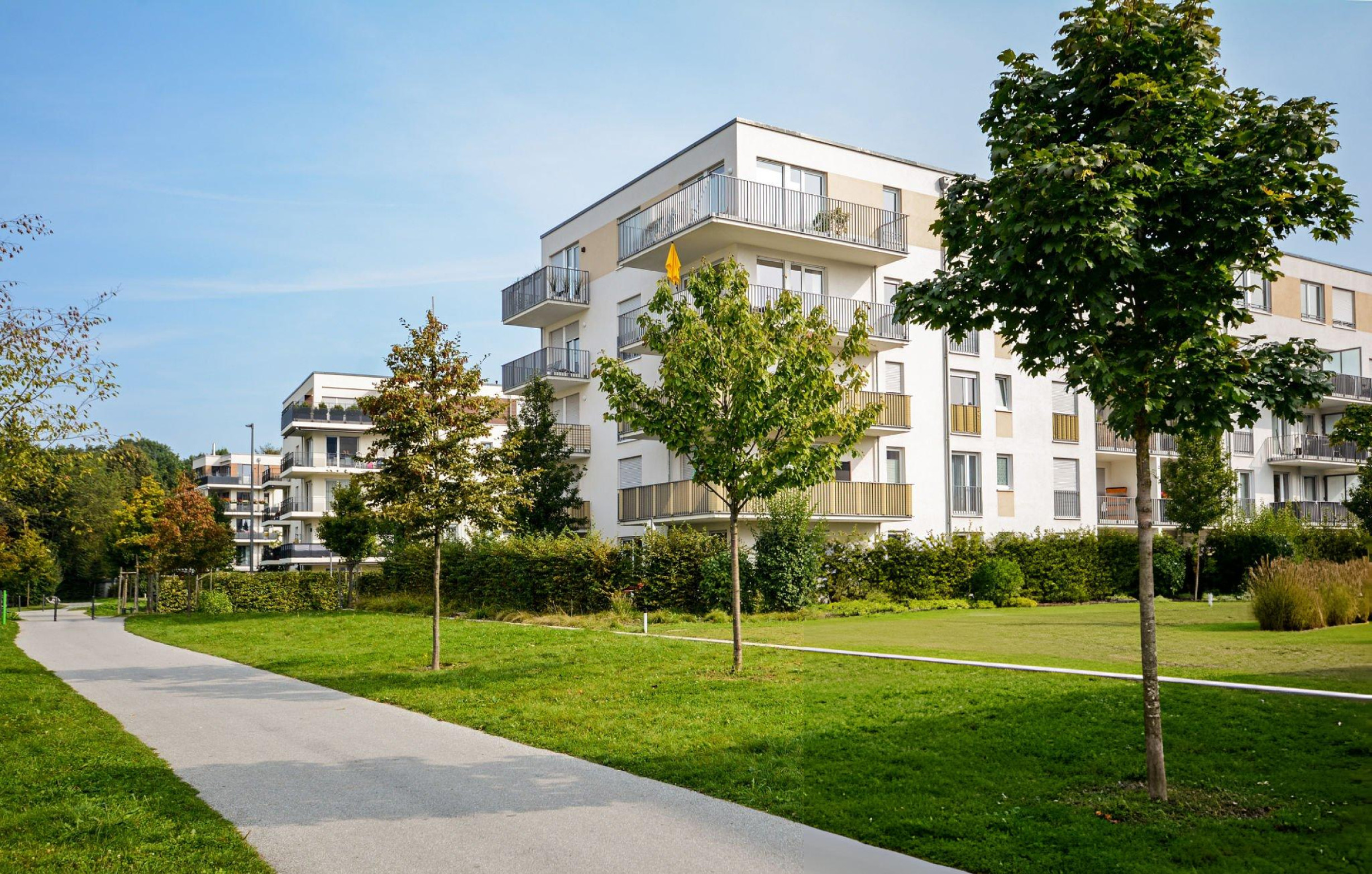Egypt’s real estate sector presents a compelling opportunity for investors seeking growth in a dynamic market. With rapid urbanization and significant population growth, particularly in cities like Cairo and Alexandria, demand for residential and commercial properties continues to rise.
Investing in the Egyptian real estate sector can yield substantial long-term returns, driven by strategic government initiatives and economic stability.

New Cairo has emerged as a focal point for development, attracting local and international investors, especially villas for sale in New Cairo. This area reflects a shift towards modern living environments, catering to a growing middle class.
As urban centers expand, the potential for profit in real estate investment becomes increasingly evident for those looking to capitalize on Egypt’s evolving landscape.
The combination of favorable demographics, including a young population and increasing urban migration, suggests that the real estate market will continue to thrive.
Also, investors who recognize the opportunities within this framework can position themselves advantageously in a sector characterized by resilience and potential for substantial growth.
Understanding the Egyptian Real Estate Market
The Egyptian real estate market presents a dynamic landscape with substantial growth potential. Various sectors, including residential, commercial, and industrial properties, are thriving, drawing attention from both domestic and international investors.

Market Overview
The Egyptian real estate market has gained prominence as a preferred investment destination. Market research indicates a Compound Annual Growth Rate (CAGR) of approximately 10.96% from 2023 to 2028. The residential sector dominates, accounting for over 60% of market value, with increasing demand for vacation homes along the North Coast and the Red Sea.
Also, new cities like the New Administrative Capital are emerging, supported by government initiatives aimed at urban development. This diversification is vital in attracting real estate professionals and investors who seek opportunities in residential and commercial spaces.
Moreover, mega-projects and affordable housing developments contribute significantly to market expansion.
Key Investment Areas: New Administrative Capital
The New Administrative Capital is another crucial area, showcasing government efforts to alleviate congestion in Cairo. This new city integrates residential, commercial, and industrial zones, creating a hub for businesses and residents. Understanding these investment areas is essential for investors aiming to capitalize on Egypt’s growing economy.
Egypt’s New Administrative Capital (NAC) is witnessing remarkable expansion and financial backing. As of early 2024, the city had 106 ongoing projects valued at $69.832 billion, representing 22.6% of the nation’s total investments. Government-led initiatives play a pivotal role, with 16 projects contributing to 72.1% of the city’s overall investment.
Private sector participation is also notable, with 90 projects amounting to $19.494 billion. The real estate sector in the NAC has achieved remarkable milestones:
- 72.6% of projects are more than halfway completed
- 8 projects are nearing the final stages (over 90% complete)
- 23.6% of projects are between 75% and 90% complete
Notably, investors should focus on key regions that promise high returns. The North Coast and Red Sea areas are famous for vacation properties, appealing to both local and international buyers.
Growth Drivers and Government Initiatives
Several growth drivers propel the Egyptian real estate market. Increasing urbanization, a growing population, and robust tourism and hospitality sectors significantly impact demand for residential properties. Additionally, industrial zones and logistics facilities are vital for economic expansion.
Government initiatives play a critical role in fostering this growth. Programs promoting mega-projects and providing incentives for affordable housing are particularly notable.
These efforts aim to address the housing shortage while attracting both domestic and international investment. Such strategic developments enhance the market’s appeal and signify a commitment to long-term growth.
Investing Strategies and Compliance
Navigating the investment landscape in Egypt’s real estate sector requires a solid understanding of financial considerations and compliance with local laws. These elements are crucial for both newcomers and seasoned investors aiming to maximize their opportunities in cities like Cairo, Alexandria, and New Cairo.
Financial Considerations
Investors need to assess various financing options available in Egypt. Mortgages and bank loans, like Bedaya Mortgage, are a common method. Typically, banks offer competitive interest rates, making them a viable option for many buyers.
- Developer financing arrangements can also provide alternatives, particularly for new construction. These often involve staggered payment plans aligned with project milestones.
Understanding rental yields is essential when evaluating a property. Major cities tend to show high yields, particularly in areas with robust demand for residential and commercial spaces.
If you want to buy a new unit in Egypt, you can check Bayut!



